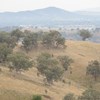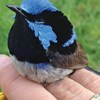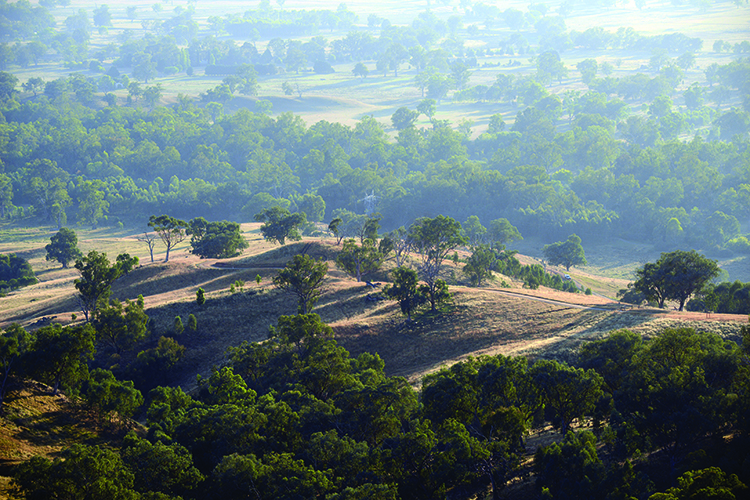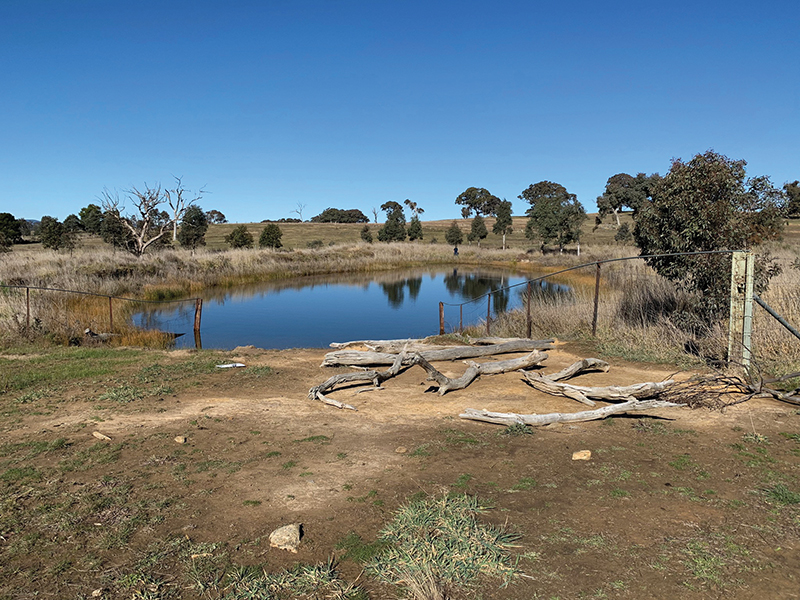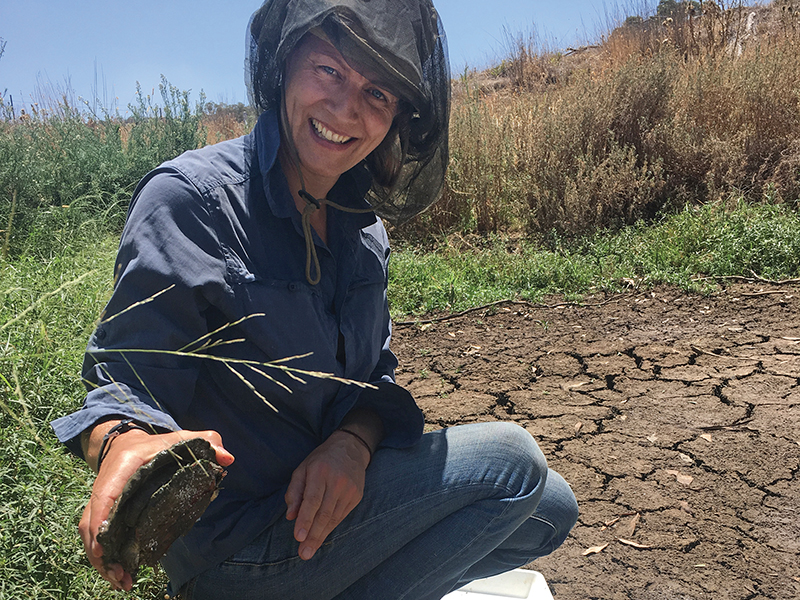
Clare Crane: Where farming meets conservation
Tuesday, 30 June 2020Clare is a Biodiversity Field Officer with the Australian National University’s Sustainable Farms project. She tells us how she came to this role after an early life on farms in the UK, some bullet-dodging and globe-trotting.
I grew up on small livestock farms in England and Scotland surrounded by animals, which sparked my love of nature and passion for its conservation.
After an Honours degree in zoology at University College London, my ecological career started at an outdoor centre. There, I took students out to study the flora and fauna living in and around the somewhat fragrant intertidal mudflats and freshwater ponds near Portsmouth, England. After a Masters in Conservation Management I worked as an ecologist on the UK army training areas. My research thesis field work involved evenings and early mornings rapidly clearing small mammal traps in lowland heath before live-firing commenced on the range.
Since then my successful bullet-dodging and rather nomadic existence has led me to follow opportunities around the world. I have worked as a wildlife statutory consultee in Scotland, a conservation volunteer in the UK, Cyprus and Victoria, and an ecological consultant in England and Melbourne. I first came to Australia as a volunteer with Parks Victoria in 2005, when my curiosity for marsupials and Australia got the better of me. I was rewarded by working with some fantastic people and researchers who conserve and monitor native wildlife all over Victoria.
From wildlife to sustainable farming
I am now a Biodiversity Field Officer with the Australian National University’s Sustainable Farms project based in the Riverina Local Land Services Office in Wagga Wagga, and it could not be further from my early beginnings as an ecologist muttering profanities beneath tables while grabbing shorecrab bucket-escapees in Portsmouth.
I manage three of Professor David Lindenmayer’s long-term woodland farm monitoring projects. The South West Slopes Restoration Study monitors and compares the effects of planted, regenerating and remnant native woodlands on farm biodiversity.
The Nanangroe Natural Experiment investigates how farmland conversion to pine plantations affects former woodland biodiversity. The Adjungbilly Creek Project studies riparian woodland biodiversity on farms, with a particular emphasis on the Endangered booroolong frog (Litoria booroolensis).
The farm dams cross-sectional pilot study is looking at water quality and associated macroinvertebrates. It is really encouraging to see how many farmers are keen to be involved.
I enjoy this work and the opportunities it gives me to meet a wide range of farmers, agri-stakeholders and researchers, and to learn about their approaches and aspirations for farming and conservation. Working with Sustainable Farms has introduced me to farming practices I was not even aware of, and our field days attract all kinds of people with interesting stories and learnt experiences.
Our farm woodland projects monitor arboreal mammals, herpetofauna, birds and vegetation over time on a landscape scale and are a great way for me to use and share my skills in flora and fauna identification and ecology, and learn from highly experienced colleagues and farmers.
It is never tiring to find any animal through active searching, rare or not, and I get to talk to passionate land managers and admire the views from their farms at sunrise and sunset.
I have been submerged in farming and nature for most of my life and realise that this is where I feel most at home and animated, irrespective of climate and continent.
Further information
Clare Crane - clare.crane@anu.edu.au
Top image: Clare with an eastern long-necked turtle caught in a farm dam during sampling. Image: Mason Crane
